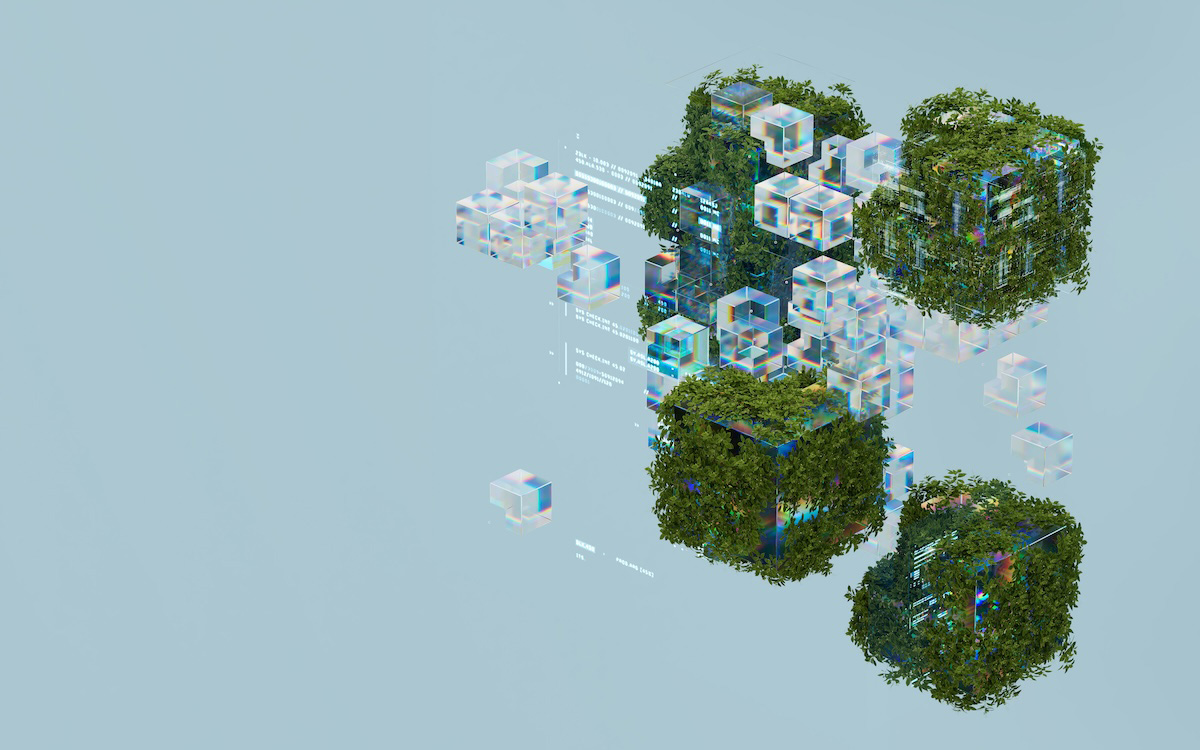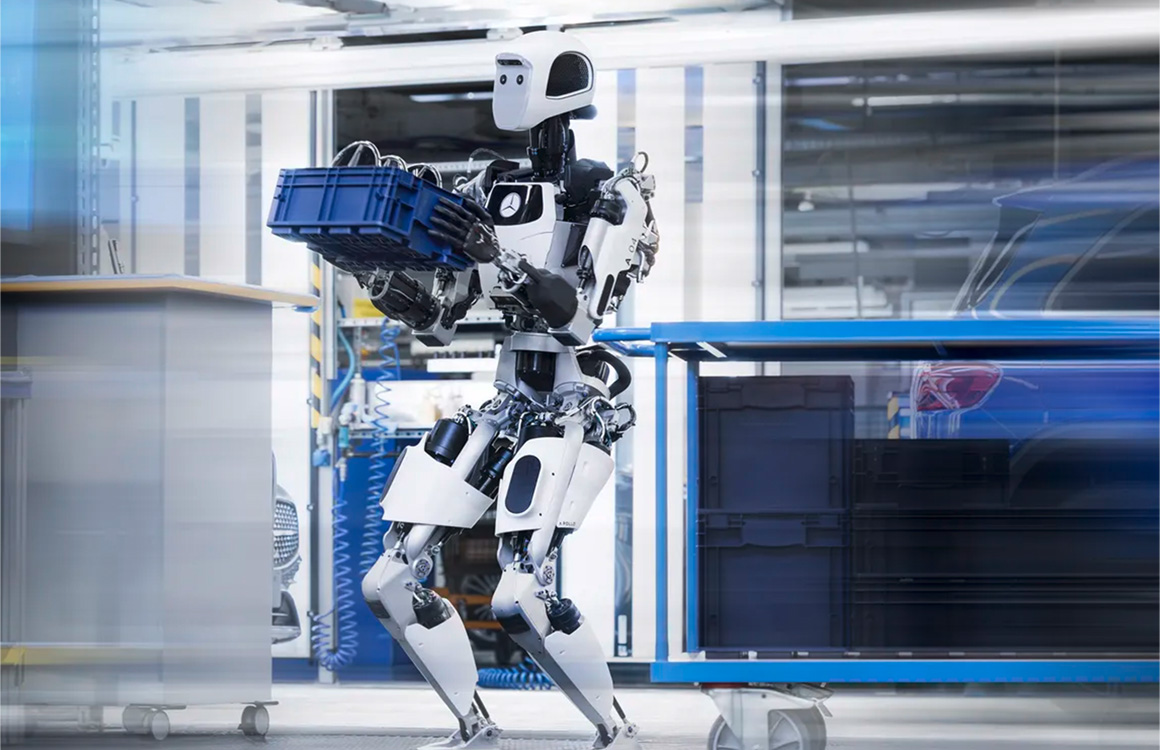Jul 10, 2024 by Mark Dingley
High energy prices, sustainability demands and economic uncertainty will continue to challenge industrial manufacturing in Australia in 2024.
But it's not all doom and gloom. There are also opportunities for transformation and innovation – particularly in digitisation and connectivity.
Here are the key trends to watch:

The continued high gas and electricity prices are causing severe issues for industrial manufacturing.
For example, Qenos – Australia's biggest plastics maker – collapsed into administration in April after struggling with high gas prices. After its collapse, Australian Industry Group (AIG) chief executive Innes Willox warned that more manufacturers may suffer because of high gas prices.
The federal government has announced a Future Gas Strategy to speed up gas projects and prevent energy-supply shortages, stating that new gas sources are needed to help Australia's energy-transition process. But some industry leaders, such as Orica CEO Sanjeev Gandhi, believe it does not go far enough to cap prices at competitive levels.
Similarly, electricity prices have inflated costs for industrial manufacturers. Construction materials maker Boral said its electricity bills have inflated by 54% over the past year, adding millions of dollars to its manufacturing costs. Prices have peaked at levels that have forced it to limit production at 300 plants nationally for up to half an hour a day to constrain costs.

Industrial manufacturers are leading the way with digitisation in 2024. In KPMG’s 2023 global survey, industrial manufacturing CEOs reported that digitisation and connectivity represented their top operational priority for achieving their growth objectives. CommBank’s Manufacturing and Supply Chain Insights report, released in May, claimed that 81% of businesses plan to increase technology investment in the next 12 months with the top goal of improving productivity.
Technologies such as artificial intelligence (AI), machine learning (ML) and the Internet of Things (IoT) are expected to play key roles in this transformation.
AI, in particular, has become a base technology that industrial manufacturers apply at every value chain stage. In KPMG's survey, a staggering 69% of industrial manufacturing CEOs said that generative AI is at the top of their company’s investment priorities to redesign processes and increase efficiency and agility. Two-thirds expect AI and ML to be the technologies that play the most important roles in helping them achieve their short-term ambitions.
Industrial manufacturers are making strides towards the “smart factory”, which integrates advanced technologies such as AI, 5G and IoT in the production environment to help provide real-time insights, end-to-end visibility and scalable solutions. A Deloitte study in 2024 revealed that over 70% of surveyed manufacturers have integrated technologies such as data analytics and cloud computing into their processes, and nearly half are using IoT sensors, devices and systems.
However, there are still barriers to implementation. In the CommBank survey, 62% said they face integration challenges, and 60% said a lack of skills makes AI difficult to leverage fully; while in the KPMG survey, 61% said automation progress is delayed because of concerns about how AI systems make decisions.
Environmental, social and governance (ESG) considerations are high on the agenda for industrial manufacturers, and it’s no wonder when you consider the ESG challenges in the sector. The raw materials used by industrial manufacturers can leave a significant environmental footprint, and there are concerns about working conditions in the supply chain.
Manufacturers are under growing pressure to ensure transparency and sustainability throughout their business and supply chains. The challenge of accurately monitoring and reporting ESG performance is pushing manufacturers to adopt technology – 52% of respondents in the KPMG survey noted that customer expectations around ESG transparency have the most influence on the strategic priorities of digital transformation.
To overcome these challenges, manufacturers are turning to the Industrial Internet of Things (IIoT), blockchain and other automation and digitisation solutions to provide critical information on supply chains, production, waste management, environmental impact and worker safety. For example, Matthews iDSnet Enterprise is an integrated industry 4.0 software solution that delivers real-time production information and manufacturing efficiency data.

Automation isn’t a new manufacturing phenomenon, but adoption rates for robotics are rising among industrial manufacturers.
Australia lags behind other nations in industrial robotics, ranking only 32nd globally. However, this is set to improve with Australia’s first National Robotics strategy, launched by the federal government to boost robotics and automation technologies to build a Future Made in Australia (we looked at this strategy in our blog on what the 2024/25 Budget means for manufacturers). Ai Group, Robotics Australia Group, and startup incubator Cicada Innovations have partnered to form the Robotics Growth Partnership to further accelerate its development.
Globally, humanoid robots are showing their capacity to be adopted for use in manufacturing supply chains (see what humanoid robots mean for Australian manufacturing). They take on tasks deemed too dirty, dangerous, or dull for humans and allow workers to spend their time better. For example, in Mercedes-Benz's factory, the Apollo humanoids have been assigned roles that streamline logistics, such as transporting components to the assembly line and organising kits needed for vehicle assembly.
While industrial manufacturers in Australia have yet to employ humanoids in great numbers, we can expect to see their gradual integration into Australian manufacturing processes and other advanced robotics and automation.

Source: Apptronik
One thing we have yet to discuss regarding these trends is the Federal Budget and its Future Made in Australia strategy, which is aimed at supporting local manufacturing, emerging technology, and energy transition industries. It’s still too early to tell what the impact will be for industrial manufacturers, but there’s no doubt it’s a positive move to have manufacturing back in the spotlight.
Did you know Matthews Australasia can help your business with automation and Industry 4.0? iDSnet is an integrated industry 4.0 software solution that provides real-time production information and a paperless, digital-factory solution. No matter the size of your business, you can use iDSnet to connect multiple production lines to the cloud and gain the visibility you need to improve efficiency. Talk to our team to learn more.